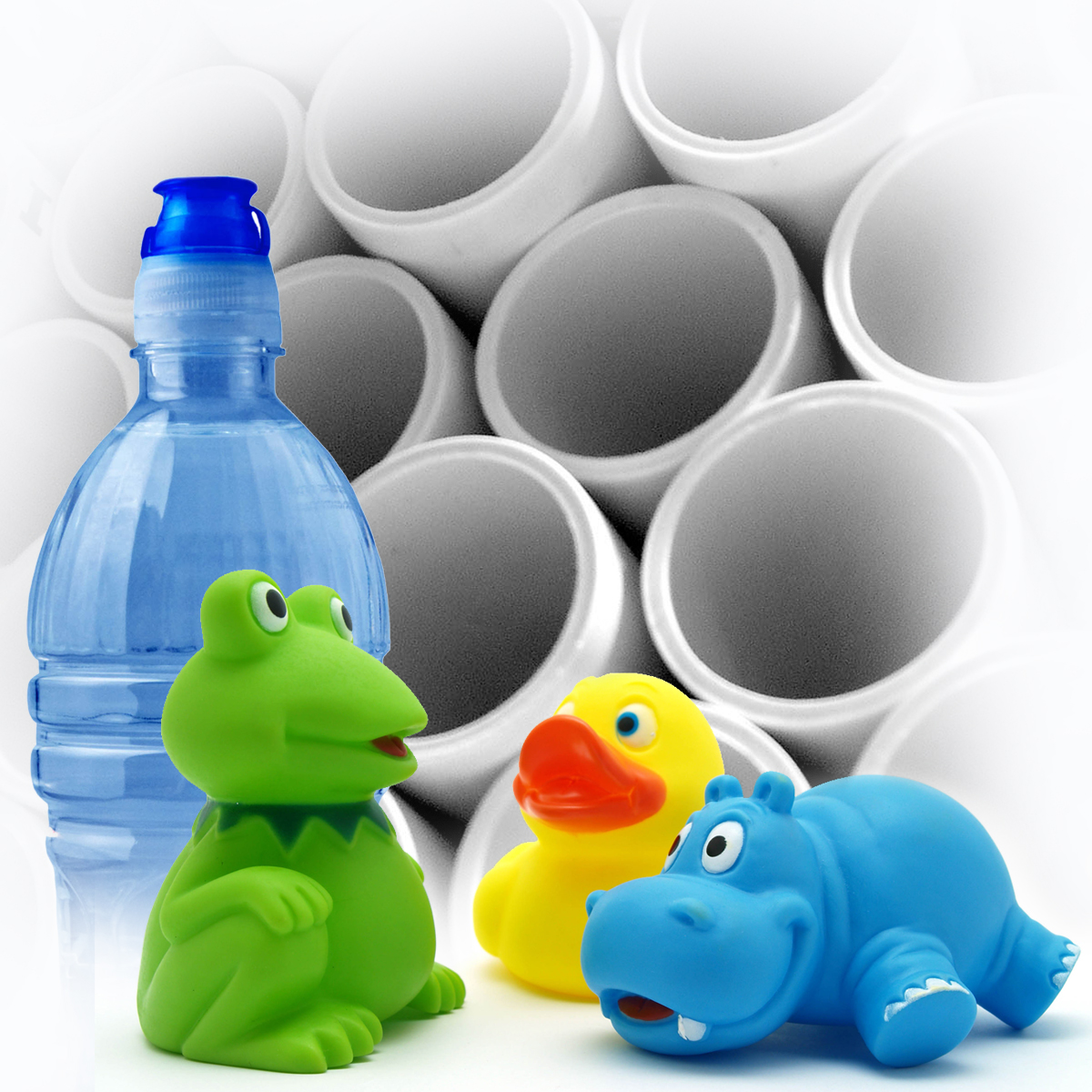Polymer Chemistry
Home » Services » Materials Testing & Analysis » Polymer Chemistry
EAG has significant expertise in polymer chemistry and offers a complete range of analyses for polymers and composites. We can provide analytical services from basic characterization of materials to investigations involving complex problems. Plastic materials can be found in a wide variety of industries, including medical devices, packaging, coatings, sporting goods, toys, industrial products, construction materials, consumer goods and more.
In our plastic testing labs, we use analytical instrumentation such as FTIR, TGA, DSC, mDSC, TMA, DMA, GPC, GC/MS, LC/MS, Optical Microscopy, NMR, SEM/EDS, XPS, TOF-SIMS and Pyrolysis-GC-MS. Our experts have years of experience designing technical projects and interpreting data to investigate challenges such as:
- Deformulation (reverse engineering) of a competitor’s product
- Establish root cause for product failures such as premature breakage
- Investigate additives in a polymer sample
- Polymer identification projects
- Identification of suspected contaminated materials
- Determine the source of malodor or the cause for unexpected color variations
- Compare good vs. bad samples to understand cause for differences in polymer chemistry

Our services
- Thermoplastics
- Thermosets
- Elastomers
- Rubbers
- Composites
- Polyurethanes
- Single-layer and multi-layer films
- Adhesives & sealants
- Paints & coatings
- Packaging
- High-performance engineered polymers
- Specialty polymers
- Conductive polymers
- Bio-polymers
- Liquid crystal polymers
- Resins
Biomedical Applications
EAG Laboratories has special expertise in biomedical polymer chemistry. As industry leaders in deformulation (reverse engineering), our scientists can characterize the composition of medical plastics, determining raw materials and additives. In addition, we offer a strategic combination of physical and chemical testing to answer specific biomedical polymer questions.
From failures to contamination issues, EAG has investigated a wide variety of medical plastics, including catheters, implants, membranes, filters, coatings, sutures, flexible tubing, dental materials, orthopedic prostheses, containers, protective devices and more.
Examples of problems solved for the medical device industry include
- Analyzed polymeric materials to evaluate products for resin composition
- Identified a black speck contaminant in a device
- Investigated product failure of a polyurethane catheter
- Deformulated a detector strip in support of an intellectual property case
- Performed polymer analysis to investigate biodegradation of an implanted device
EAG’s polymer investigations focus on the chemistry of these formulated products, as well as evaluating their physical and mechanical properties. Depending on our clients’ needs, EAG can offer a strategic combination of physical and chemical testing to address specific questions. We apply multiple analytical techniques, such as spectroscopy, chromatography and microscopy to examine the composition of plastic and polymer products. ASTM testing lab methods are also available.
- Tensile, modulus and elongation
- Adhesive strength
- Compressibility
- Cross-sectional multiple layer-film thickness
- Thermal properties (including glass transition, melting point, thermal expansion and crystallinity)
Related Resources
- Webinar: Analytical Investigations of Plastics and Polymers
- Webinar: Polymer Additive Manufacturing Analysis
- App Note: Surface and Interface Characterization of Polymers
- App Note: Characterization of Polymers using DSC
- App Note: AFM: Polymer Surface Modification
- Industry: Consumer Electronics
- Industry: Medical Devices
- Industry: Pharmaceuticals
- Industry: Semiconductors
Chemical composition analyses can include:
- Chemical classification including base polymer characterization and polymer identification
- Molecular weight distribution by GPC
- Total molecular weight (including absolute and high temperature) by GPC
- End group analysis
- Co-polymer backbone chemistry, co-monomer contents/ratios, polymer blends
- Additive identification including anti-oxidants, UV stabilizers, process aids, fillers
Would you like to learn more about Polymer Chemistry?
Contact us today for your Polymer Chemistry needs. Please complete the form below to have an EAG expert contact you.